The real challenge in today’s data science projects isn’t writing algorithms, it’s finding high-quality, structured data that you can trust. Sample datasets work fine for practicing, but for training a large language model or robust analytics, you need live, curated data. Free APIs are the conduit between raw information and actionable intelligence.
They enable you to integrate directly with your data science platform, saving time and reducing errors. Here are the top 10 APIs to help you turn data science projects into great ones.
What is an API?
APIs make it easier for developers to build software programs. Rather than having to code complex programming elements themselves, they can refer to APIs that already contain the functions they require. For instance, if a developer is building an application that will show the weather report, they can access an API to obtain this data rather than laboring to create an entire system to retrieve accurate weather.
They are also indispensable when we create modern websites, where there is a lot of data transfer between the client (browser) and server.
Why APIs are Important in Data Science?
Today, more than 80% of web applications use APIs to fetch data, integrate with third-party services, or provide functionalities like user login, payments, or real-time updates. (GeeksforGeeks)
Top 10 Free API Providers in 2026
Did you know, the data science job market is expected to grow by 34% (Much faster than average) from 2024-2043 (U.S. Bureau of Labor Statistics). Here are the best free API providers to explore in 2026:
| API Provider | Overview |
| OpenWeatherMap | OpenWeatherMap provides a wide array of weather data APIs, including current conditions, forecasts, and historical data. The free plan offers 1000 API requests per day, and both JSON and XML are supported. Features include minute-by-minute precipitation forecasts and hourly and daily weather predictions. It is a solid option for developers who want to utilize live and precise weather conditions in small-scale or experimental projects. |
| Nominatim (OpenStreetMap) | Nominatim is an open-source software and service to search OSM data by name and address and to generate synthetic addresses of OSM points (reverse geocoding). The gem is flexible and supports both forward and reverse geocoding. |
| OpenAlex | OpenAlex is an open, comprehensive index of scholarly articles, authors, and venues. It has a RESTful API for work and author metadata of more than 200 million works and 13 million authors. The API is suitable for research analytics, citation analysis, and academic trend identification. OpenAlex is 100% open and free, so it provides valuable knowledge to data scientists dealing with academic data. |
| TagX Data APIs | TagX offers a set of APIs for normalized/structured data across verticals such as E-Commerce, Job Feeds, and the Stock Market. This API provides a way for easy data retrieval and integration that can be used in analytics and business intelligence tools. The free version provides restricted access, which is well-suited for small data science projects. |
| Public APIs Repository (GitHub) | Hacking with Public APIs is a community-driven list of free APIs across all sorts of industries, from health to transportation, and more. It will be useful for data scientists who would like to test their models on random/simple tasks. The enablement is updated regularly with the most accurate APIs available. |
| Zenodo | Zenodo is an open-access repository funded under the European OpenAIRE program and operated by CERN. It provides a place for researchers to deposit all the different digital objects that underpin research. All submissions receive a permanently linkable digital object identifier (DOI) that makes them easy to cite and share. |
| Hugging Face Datasets | The Hugging Face’s datasets are conveniently pre-aligned for NLP as well as computer vision and tabular benchmarks. With their API, you can feed large language models structured and labeled data, dramatically cutting down preprocessing time. |
| Firecrawl | Firecrawl allows users to transform unstructured web content into structured markdown or JSON with its API. This means you can incorporate real-time web data on your data science platform for purposes such as trend analysis and topic modelling. |
| Tavily | Tavily’s API allows you to create filtered search results for research-level datasets. It is not a generic scraper; you are forced to apply structure to what you parse, meaning noise drops and relevance grows. |
| Alpha Vantage | Alpha Vantage provides real-time and historical equity data with technical indicators. You can feed this into your own data science platform to test trading strategies or train large language models in the service of financial forecasting. |
Why These APIs Matter for Serious Data Science?
Generic data is fine for studying, but real-world applications need accuracy and consistency. With these APIs integrated into your data science platform, you’ll be able to:
- Never stop updating large language models with new data.
- Automate the updating of datasets for ongoing experiments.
- Minimize mistakes in manual data retrieval.
- Easily scale your projects with affordable subscriptions.
When you interact with APIs as active peers, instead of being sources of data only, your data science projects stop being “hacks” and start to provide business value.
Wrap Up
Free APIs aren’t just tools; they’re gateways to taking your data science projects to new heights. From curated datasets to social intelligence, these APIs allow you to produce smarter models, train large language models, and advance your data science platform capabilities. Start using these APIs today and transform raw data into actionable insights that will have a real-world impact.

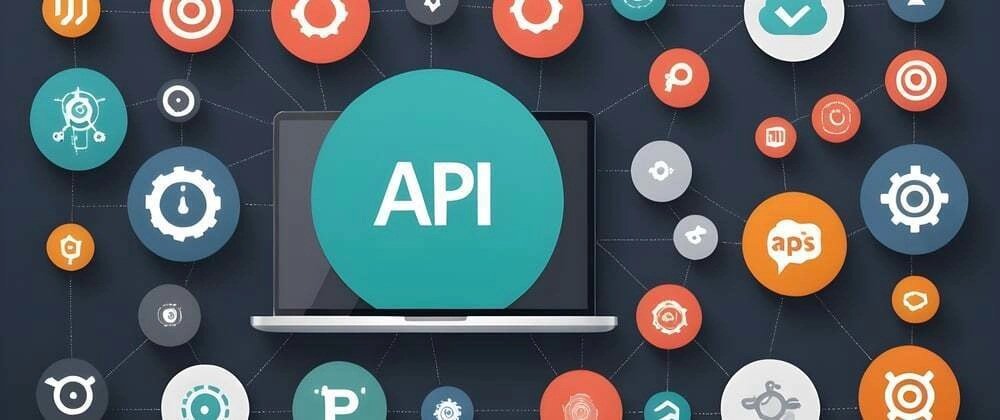

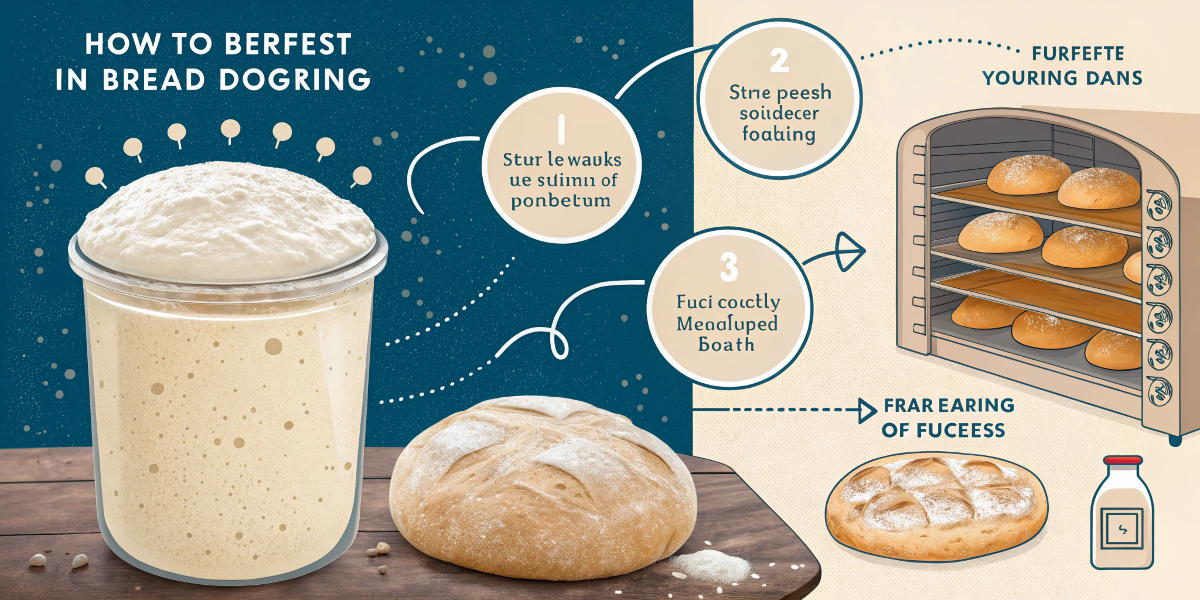

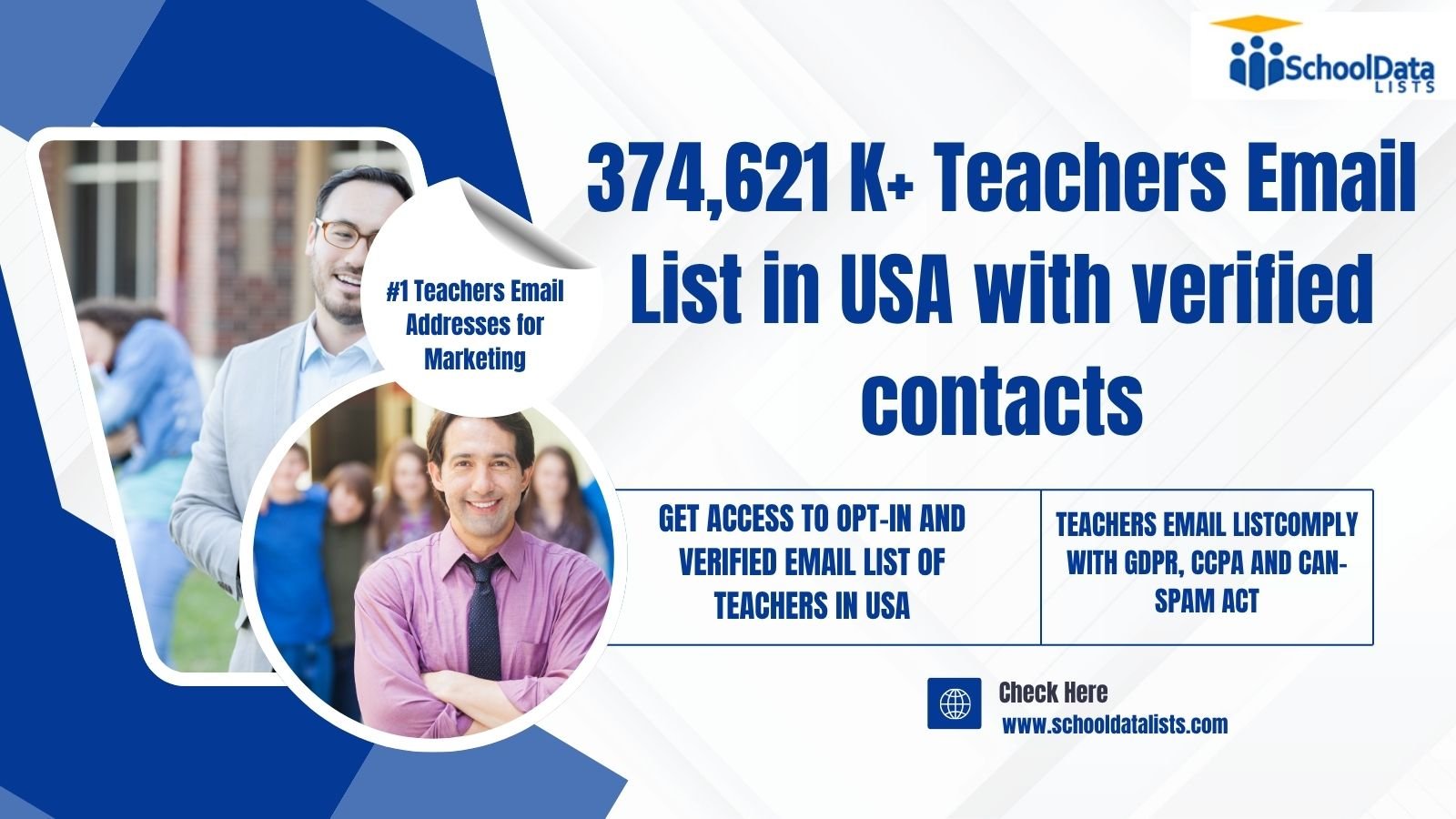


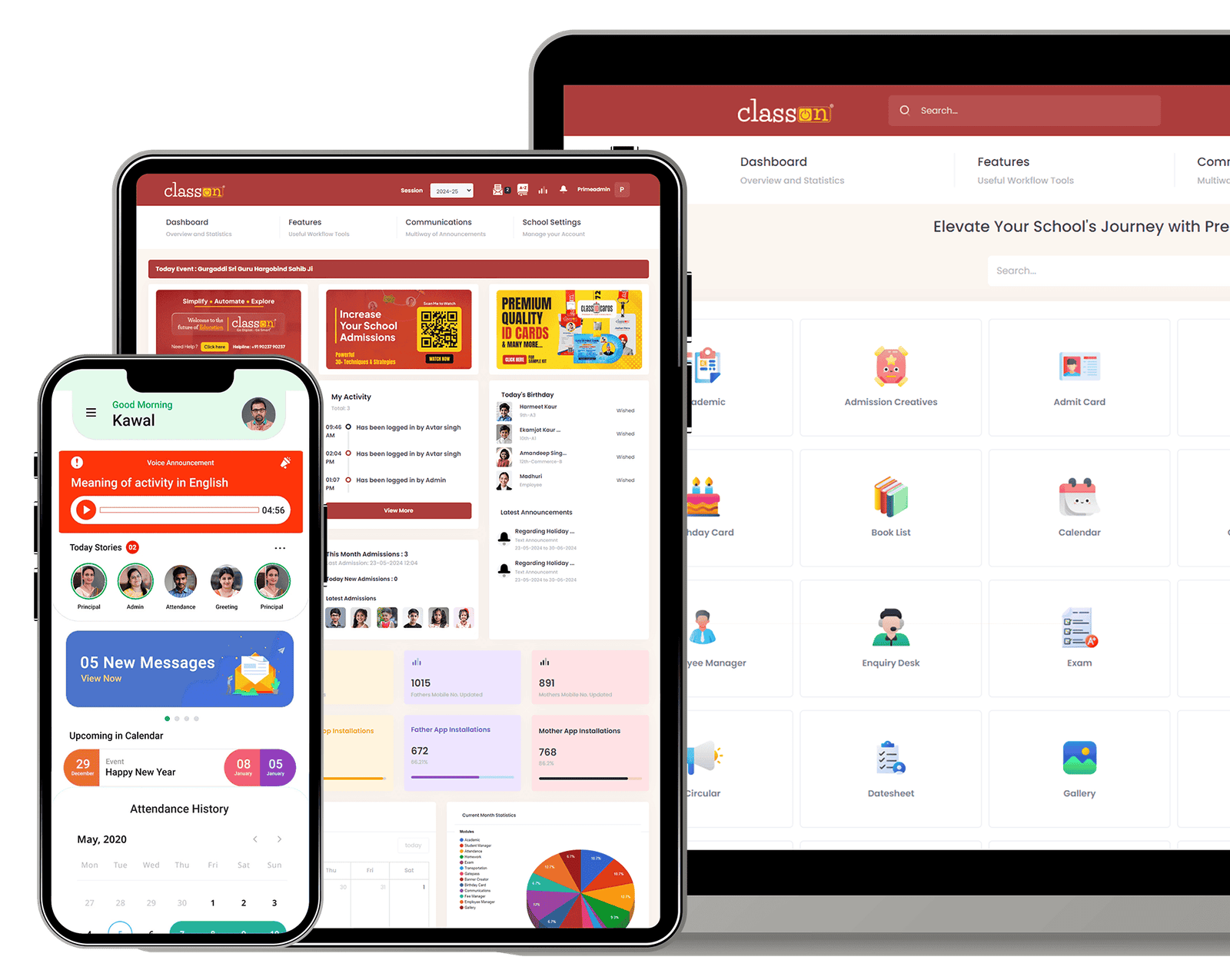



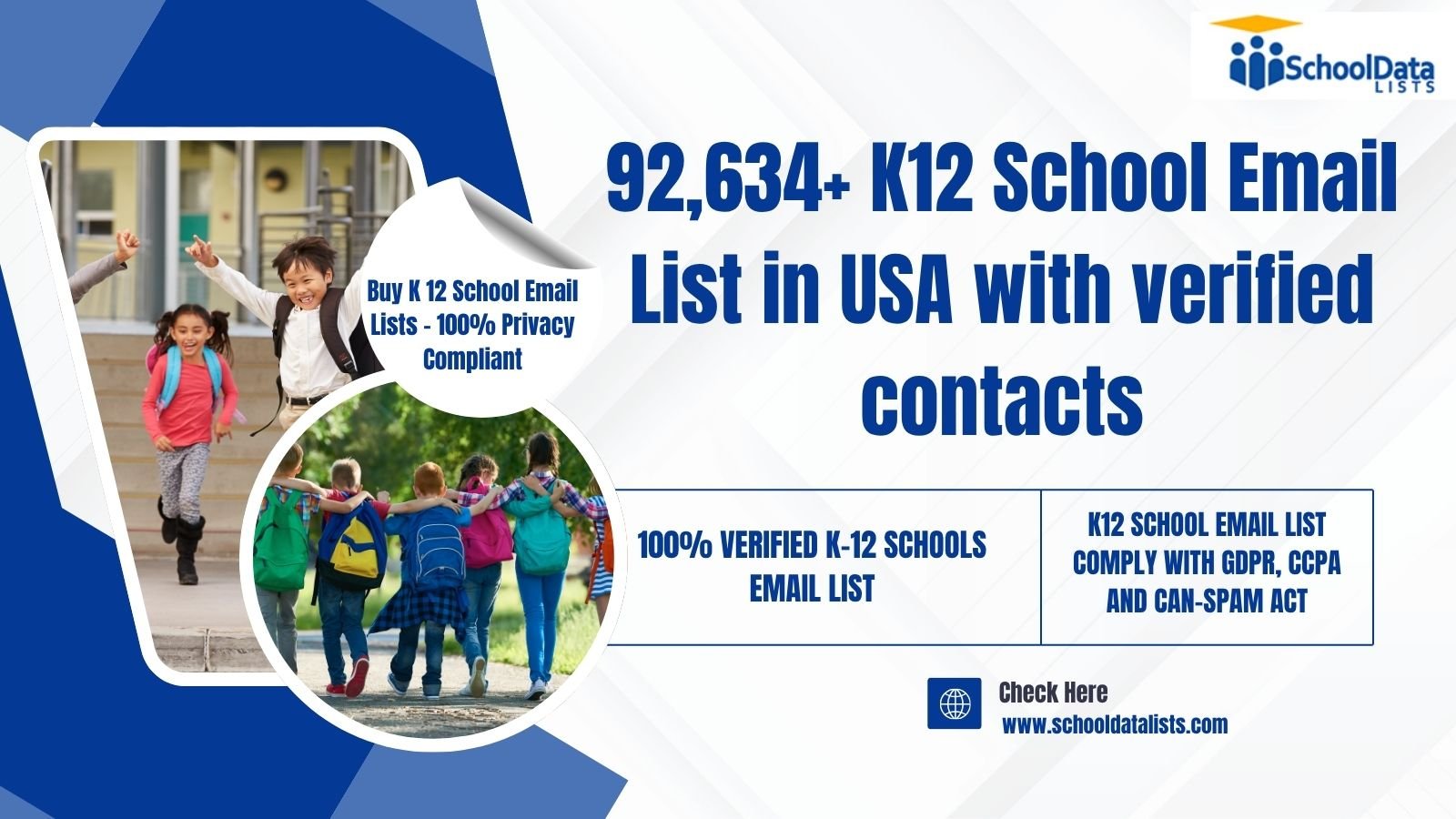


Leave a Reply